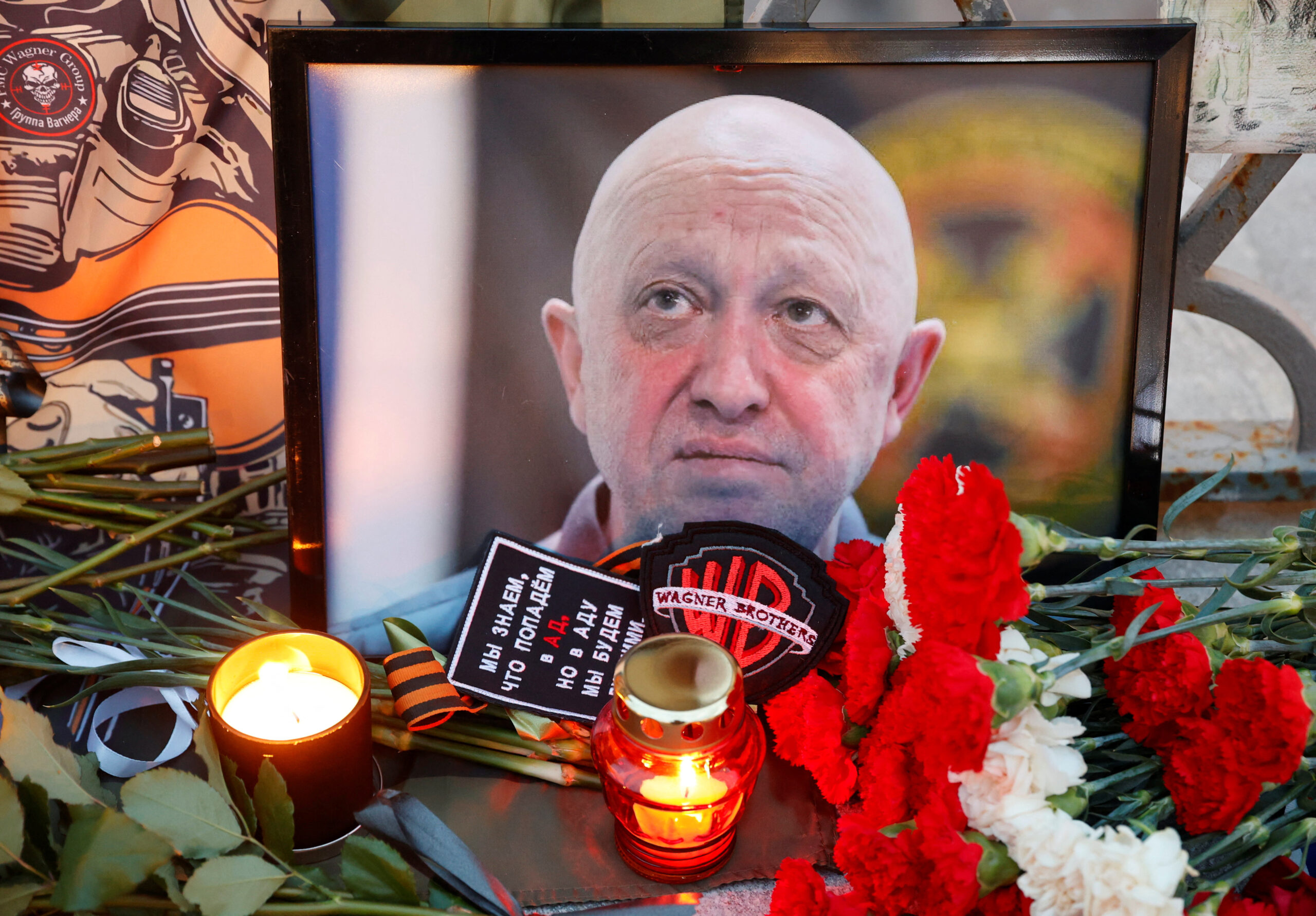With the sudden demise of Yevgeny Prigozhin, the charismatic head of the infamous Wagner mercenary group, there’s been much speculation about the future of Wagner’s operations in Africa. While Prigozhin was indeed the poster child for the mercenary group’s dealings, we need to grapple with a harsh reality: Wagner’s influence in Africa isn’t dwindling anytime soon.
One only has to look at the history of such groups to understand why. Just as with terrorist organizations, when a key figurehead is removed, another often emerges, sometimes even more ruthless and relentless than their predecessor. It’s a cycle as old as time, and there’s little reason to believe that the Wagner Group will buck this trend.
Wagner’s expanding operations, which have stretched across CAR, Mali, Libya, Sudan, and Mozambique, give credence to this. Take the recent developments in Niger as an illustrative example. Amidst political turmoil and the looming threat of a possible military intervention by the West African regional bloc, Niger’s military junta sought assistance from the very group that just lost its leader. The very fact that a country would seek to ally with a supposedly destabilized mercenary group indicates just how deep-rooted and pervasive Wagner’s influence has become.
This is not surprising, given the wider geopolitical picture. Over recent years, we’ve witnessed a wave of military takeovers across the Sahel region and central Africa. These regimes, often needing a security boost to fortify their hold on power, find in Wagner a ready and willing partner. Unlike traditional international allies who come with strings of democratization and human rights attached, the Wagner Group offers a “no questions asked” kind of service. It’s a tempting proposition for any regime facing internal dissent and external pressures.
For governments, the calculation is simple: why rely on foreign powers with intricate political demands when you can get straight to business with a group that asks no moral or political questions? This mindset, coupled with Wagner’s aggressive marketing strategies, has transformed the group into one of Russia’s most influential foreign policy tools.
The legacy of colonialism, mixed with the growing anti-West sentiments, has created a fertile ground for entities like Wagner. The private military group is not just offering its military services but is also engaging in propaganda efforts, presenting Russia as a more preferable partner than the historically entrenched Western powers.
And it’s not just about the military might they bring. Reports of human rights abuses, including summary executions, enforced disappearances, and torture – allegedly committed by Wagner operatives in tandem with local forces – highlight a grimmer side of their operations. Yet, these reports, rather than dissuading governments from partnering with Wagner, have seemingly solidified the mercenary group’s position as a force that will do what is necessary, without the cumbersome considerations of international law.
In Mali, where the French once acted as the bulwark against jihadist groups, Wagner’s mercenaries are filling the power vacuum. Despite mounting evidence of Wagner’s involvement in human rights abuses, Malian authorities remain coy, further indicating the strategic importance of their presence.
Prigozhin’s sudden death might cause a brief period of recalibration within the Wagner Group and its African allies. There’s potential for a tug-of-war between Wagner and the GRU, Russia’s military intelligence agency. But what is certain is that the Kremlin will do its utmost to maintain its growing influence in Africa, with or without Prigozhin.
So, as we reflect on Prigozhin’s life and the legacy he leaves behind, we should brace ourselves for the continuation, if not the intensification, of Wagner’s activities on the African continent. The conditions are ripe, the demand is high, and there seems to be no lack of supply.
Image Credit: REUTERS/Stringer




